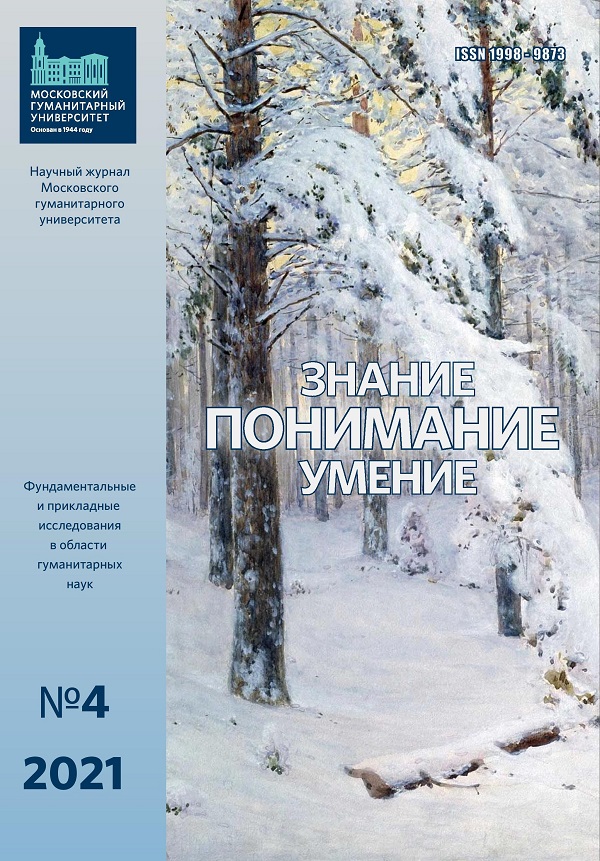Main page / About the Project
The Editorial Board of the Portal
The Editor-in-chief
Vladimir Andreevich Lukov, the director of the Theory and History of Culture Center of the Institute of Fundamental and Applied Studies at Moscow University for the Humanities, Doctor of Science (philology), professor, honoured scientist of the Russian Federation, full member of the International Academy of Science (Innsbruck, Austria)
The Deputy Editor-in-chief
Boris Nikolaevich Gaydin, deputy director of the Theory and History of Culture Center of the Institute of Fundamental and Applied Studies at Moscow University for the Humanities, Candidate of Science (philosophy)
The Executive Editor (Secretary)
Sergey Valerievich Lukov, deputy director of the Sociology of Youth Center of the Institute of Fundamental and Applied Studies at Moscow University for the Humanities, Candidate of Science (sociology), master of social work
Consulting Editors
Sergey Viktorovich Alekseev, the head of the History Department at Moscow University for the Humanities, Doctor of Science (history), professor, the chairman of the board of the Historical and Educational Society, the editor-in-chief of “Historical Review” Almanac (Istoricheskoe obozrenie)
Oleg Nikolaevich Bulakov, the head of the State and Legal Disciplines Department at Moscow University for the Humanities, Doctor of Science (law), professor
Vera Anatolievna Gnevasheva, the director of the Sociology of Youth Center of Institute of Fundamental and Applied Studies at Moscow University for the Humanities, Candidate of Science (economics), associate professor
Grigoriy Yurievich Kanarsh, senior researcher of the Social Philosophy Sector at the Institute of Philosophy of the Russian Academy of Sciences, Candidate of Science (political sciences)
Anna Vladimirovna Kostina, the head of the Philosophy, Culturology and Politology Department at Moscow University for the Humanities, Doctor of Science (philosophy), Doctor of Science (culturology), professor
Chimiza Kuder-oolovna Lamazhaa, the vice director of the Institute of Fundamental and Applied Studies at Moscow University for the Humanities, Doctor of Science (philosophy), the editor-in-chief of the electronic magazine “The New Research of Tuva”, copy editor the “Knowledge. Understanding. Skill” Journal, full member of the International Academy of Science (Innsbruck, Austria), member of the Russian Philosophical Community, the Society of Orientalists of the Russian Academy of Sciences, the Union of Russian Journalists, the Media Union, the International Federation of Journalists
Viacheslav Alekseevich Sitarov, the head of the Pedagogy and Psychology of the Higher School Department at Moscow University for the Humanities, Doctor Science (pedagogy), professor, Honorary worker of General Education of the Russian Federation
Ekaterina Sviatoslavovna Sokolova, the dean of the Psychology and Social Work Faculty at Moscow University for the Humanities, Candidate of Science (psychology), associate professor
Yuriy Nikolaevich Tsaregorodtsev, the head of the Management Department at Moscow University for the Humanities, Doctor of Science (economics), professor
Nikolay Vladimirovich Zakharov, the aide of the rector of Moscow University for the Humanities, deputy director of the Theory and History of Culture Center of the Institute of Fundamental and Applied Studies at Moscow University for the Humanities, Ph.D., Candidate of Science (philology), full member of the International Academy of Science (Innsbruck, Austria), the academic secretary of the Shakespeare Committee of the Russian Academy of Sciences
|
|
|
 The No. 4 2021 of the
The No. 4 2021 of the
Journal "Knowledge.
Understanding. Skill"
is issued
|
|
|
|